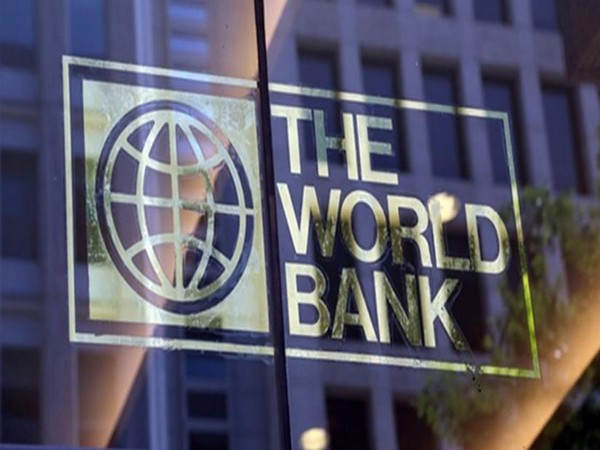Despite modest signs of an economic recovery, Sub-Saharan Africa remains mired in slow growth, with a vast and growing youth population at risk of being excluded from future opportunities. According to the World Bank's latest Africa’s Pulse, the region's twice-yearly economic update, released on October 14, two key actions are essential to spark inclusive growth: stabilizing economies and transforming education systems to equip the emerging workforce with essential skills.
The report, themed Transforming Education for Inclusive Growth, projects that economic growth in the region will rise to 3% in 2024, up from a sluggish 2.4% in 2023. The rebound is primarily driven by an increase in private consumption and investment, while inflation is forecast to ease from 7.1% in 2023 to 4.8% in 2024 due to tighter fiscal and monetary policies, stabilized currencies, and fewer supply chain disruptions. However, growth per capita remains weak at just 0.5% for 2024, well below the average of 2.4% seen between 2000 and 2014.
According to the report, challenges such as ongoing conflicts, the impacts of climate change, and rising debt servicing costs continue to hold back the region's progress. Debt service obligations are projected to consume a staggering 34% of government revenues in 2024, severely limiting the fiscal space available for critical investments in infrastructure, health, and education—areas that are pivotal for long-term, inclusive growth.
“African governments are making progress in stabilizing their finances and closing budget gaps,” said Andrew Dabalen, World Bank Chief Economist for Africa. “But heavy debt burdens are restricting investments in crucial sectors such as education and healthcare, which are necessary to sustain long-term growth.”
Demographic Pressures and Education Gaps
Africa’s working-age population is growing faster than anywhere else in the world, thanks to significant improvements in child survival rates over the past two decades. However, despite this demographic advantage, the region's spending on education per capita remains the lowest globally. The Africa’s Pulse report warns that to achieve universal education by 2030, Sub-Saharan Africa would need to accommodate 170 million more children and adolescents, requiring a massive expansion of education infrastructure, including the construction of 9 million new classrooms and the recruitment of 11 million new teachers.
While this challenge may seem daunting, the region has made substantial progress in recent decades. Currently, 270 million children are enrolled in primary and secondary schools, and primary school completion rates have significantly improved since 2000. However, more needs to be done to ensure that Africa's youth are adequately educated and skilled to take advantage of new opportunities in the digital and green economies.
“Looking ahead, Africa’s youth will need strong foundational education and market-relevant skills to access better jobs and take advantage of emerging opportunities,” said Dabalen. “Evidence-based planning and smart spending will be critical to expanding education access while also improving learning outcomes and employability.”
Vocational Training and Entrepreneurship: The Missing Links
The report highlights stark education gaps, particularly in pre-primary and vocational education. Currently, 7 out of 10 children in Sub-Saharan Africa lack access to pre-primary education, and only 1.5% of youth aged 15 to 24 are enrolled in vocational training programs—compared to 10% in high-income countries. Addressing these disparities is crucial for unlocking the region’s economic potential.
The World Bank also emphasizes the need to foster entrepreneurship and support startups as well as small businesses to ensure that skilled graduates find meaningful job opportunities. Additionally, attracting larger, established firms to the region is vital for creating a thriving job market where youth can advance and prosper.
The report calls for a concerted effort to bridge the education and skills gap, emphasizing that comprehensive and strategic investments in human capital will be key to ensuring that the youth of Sub-Saharan Africa can thrive in the workforce and contribute to driving sustainable and inclusive economic growth.











